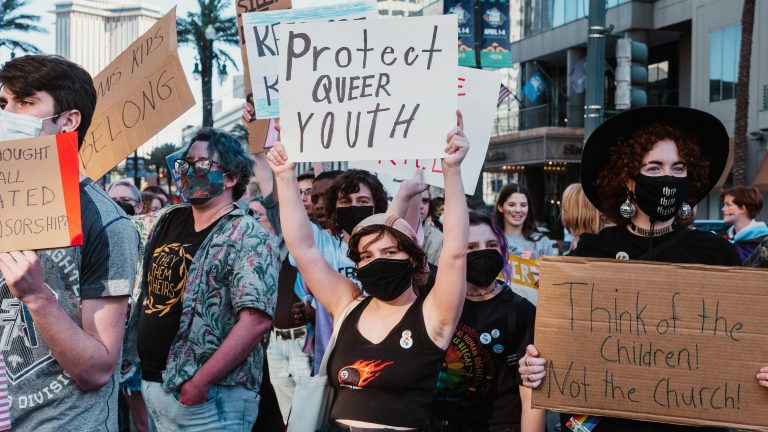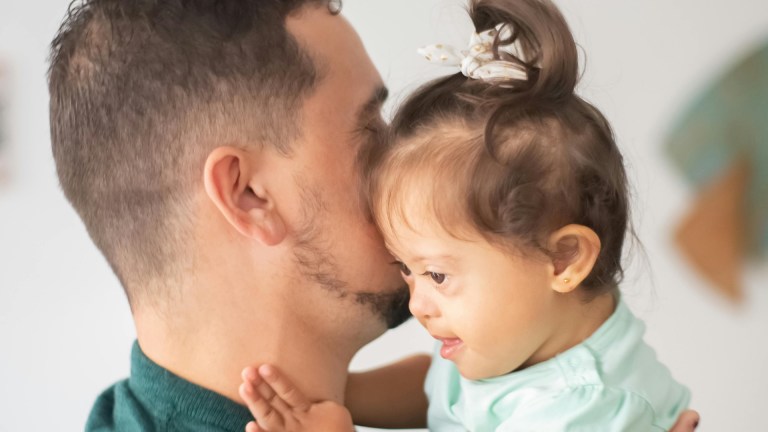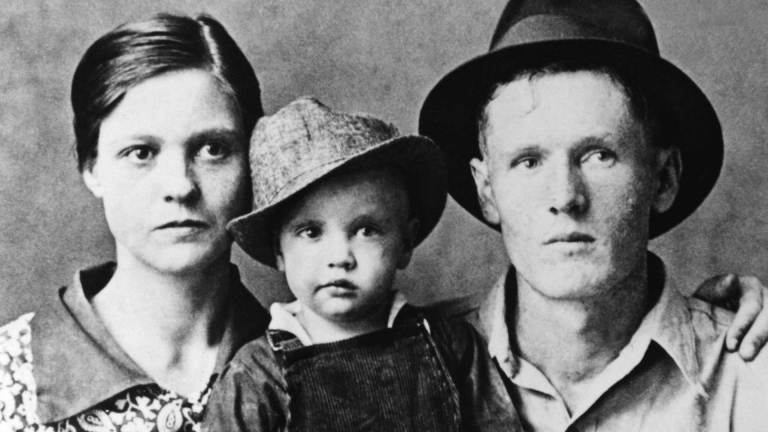It seems obvious but it’s worth repeating: children are poor because their mothers are poor. One important measure of a nation’s success should be how well its children are faring. By this standard, the UK hasn’t been doing so well for the last 15 years. Since 2010, an additional 700,000 children are growing up in poverty.
What’s more worrying, more children are facing deeper levels of poverty now, with 1.9 million children – one in eight – considered to be facing material deprivation. Beyond the immediate harm to their wellbeing and their childhood, growing up in poverty leaves long lasting scars well into adulthood, from poorer health to lower earnings. And when children lose out, so do communities and the economy, leaving millions of children’s potential untapped.
It is therefore encouraging to see a government once again determined to address child poverty. Within weeks of being elected, the new Labour government announced a Child Poverty Taskforce promising a comprehensive 10-year strategy.
- Scrap two-child benefit cap to end child poverty, Labour told: ‘Good intentions are not enough’
- What is the two-child benefit limit and how does it impact families?
But if Labour is serious, it must start where child poverty begins: with the financial insecurity of mothers. As we did back in 1999, when the last Labour government was committing to address child poverty, the Women’s Budget Group is again reminding politicians and policymakers that their solutions will only be as effective as the seriousness with which they consider women’s poverty.
Our new polling with YouGov shows how women continue to be the shock absorbers of poverty, with more than one in four mums (28%) constantly or often worrying about being able to afford to meet their children’s needs, compared to 18% of dads. Women’s poverty is too often a consequence of the unequal distribution of the essential (yet unpaid) work involved in raising a child. This makes it harder to have a full-time job and earn a decent wage. And because women are often the sole adult responsible for a child, this act of juggling paid work and childrearing becomes even harder to do, with financial consequences for them and their children.
Even in two-parent households, family finances improve when both parents work – and crucially, when women are financially independent, they and their children are better protected if circumstances change.










